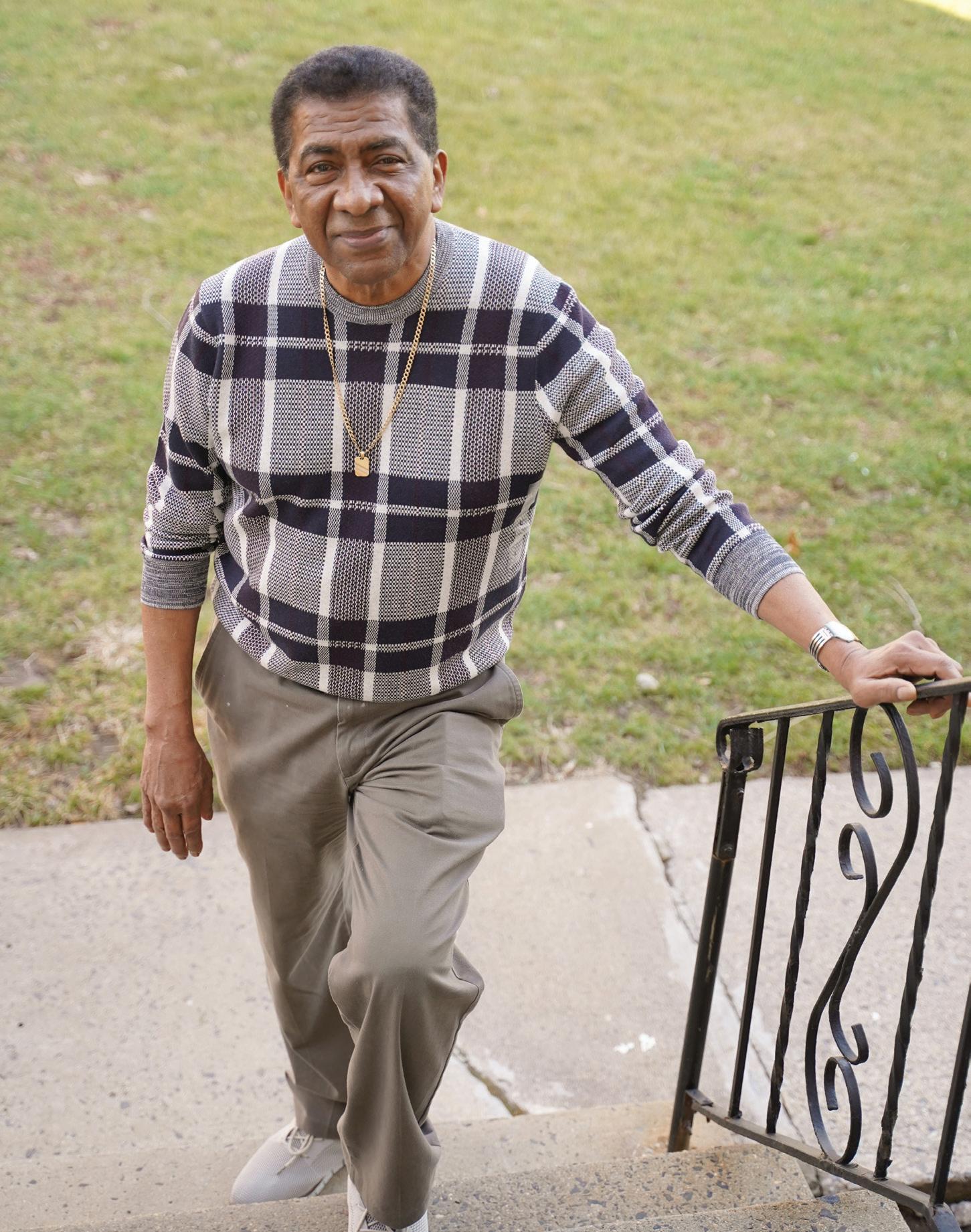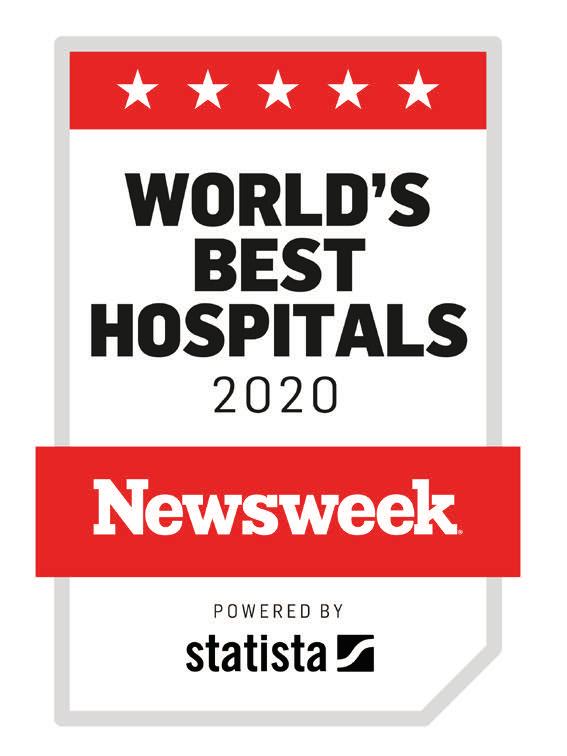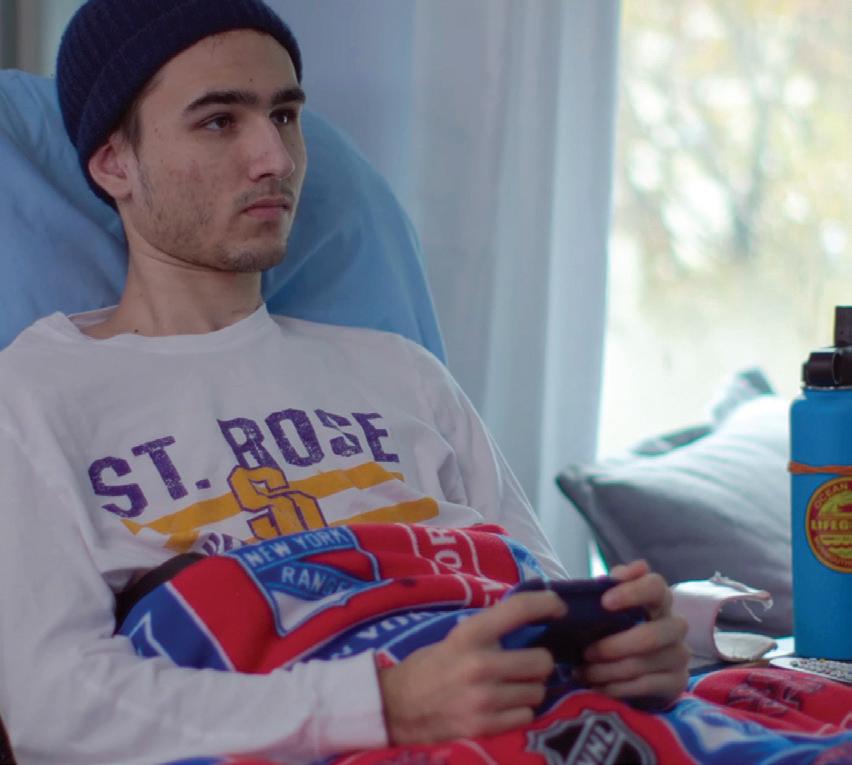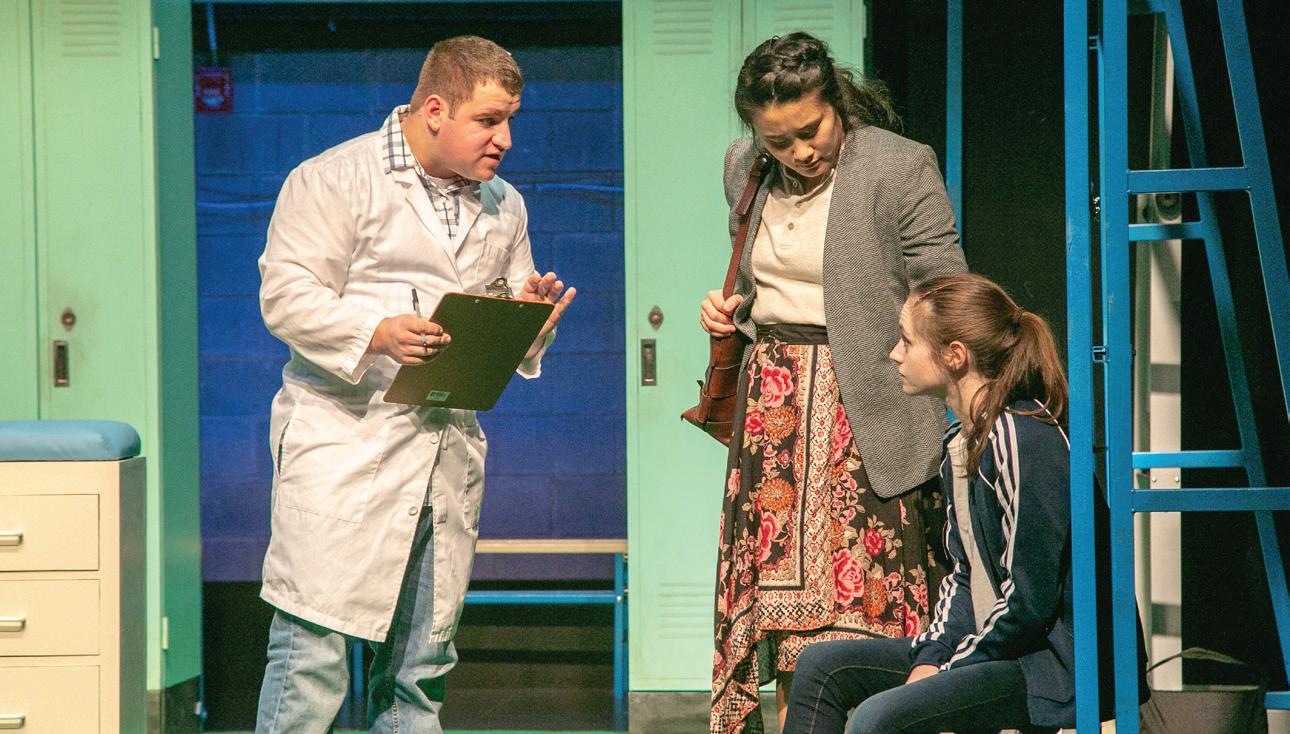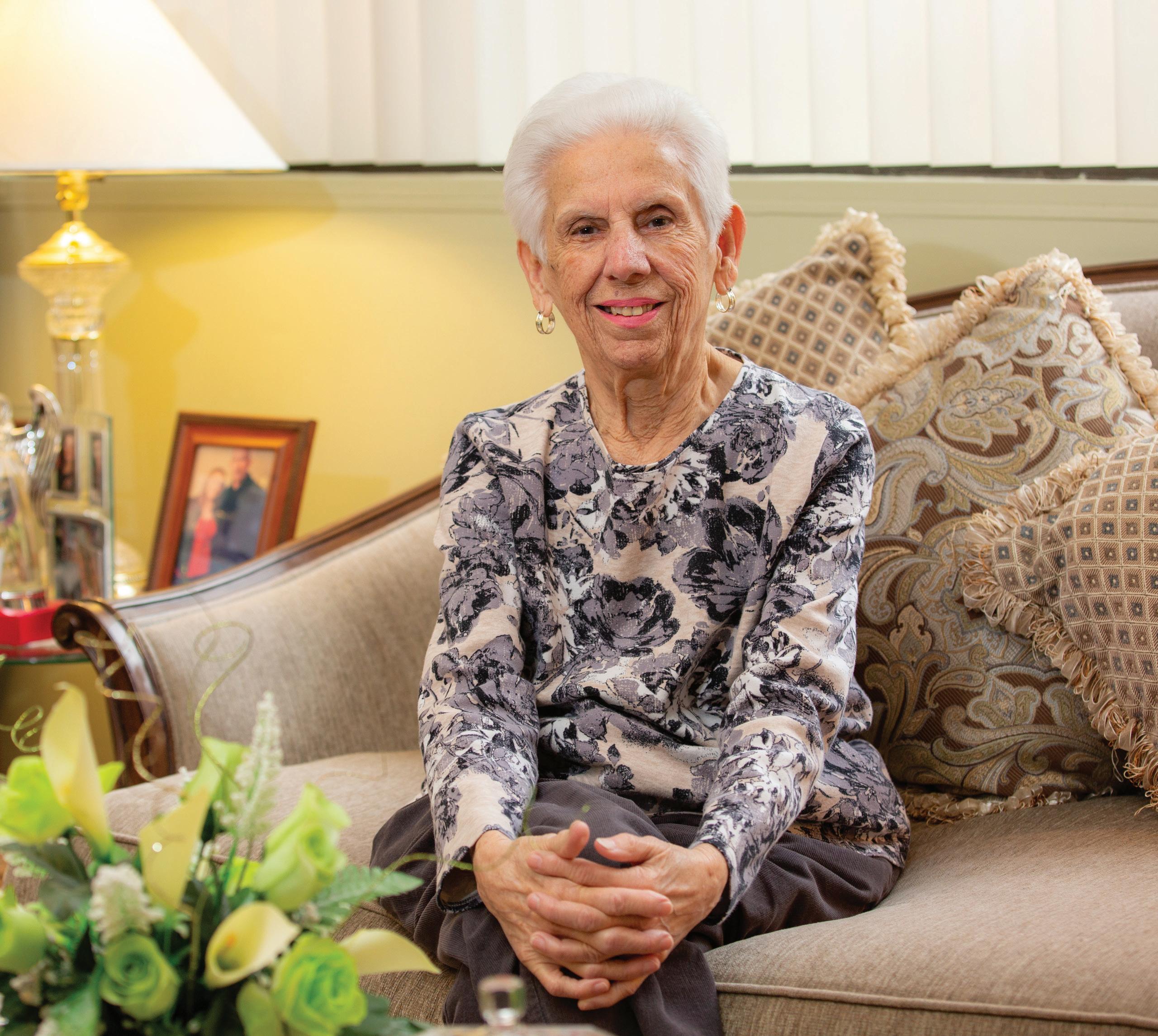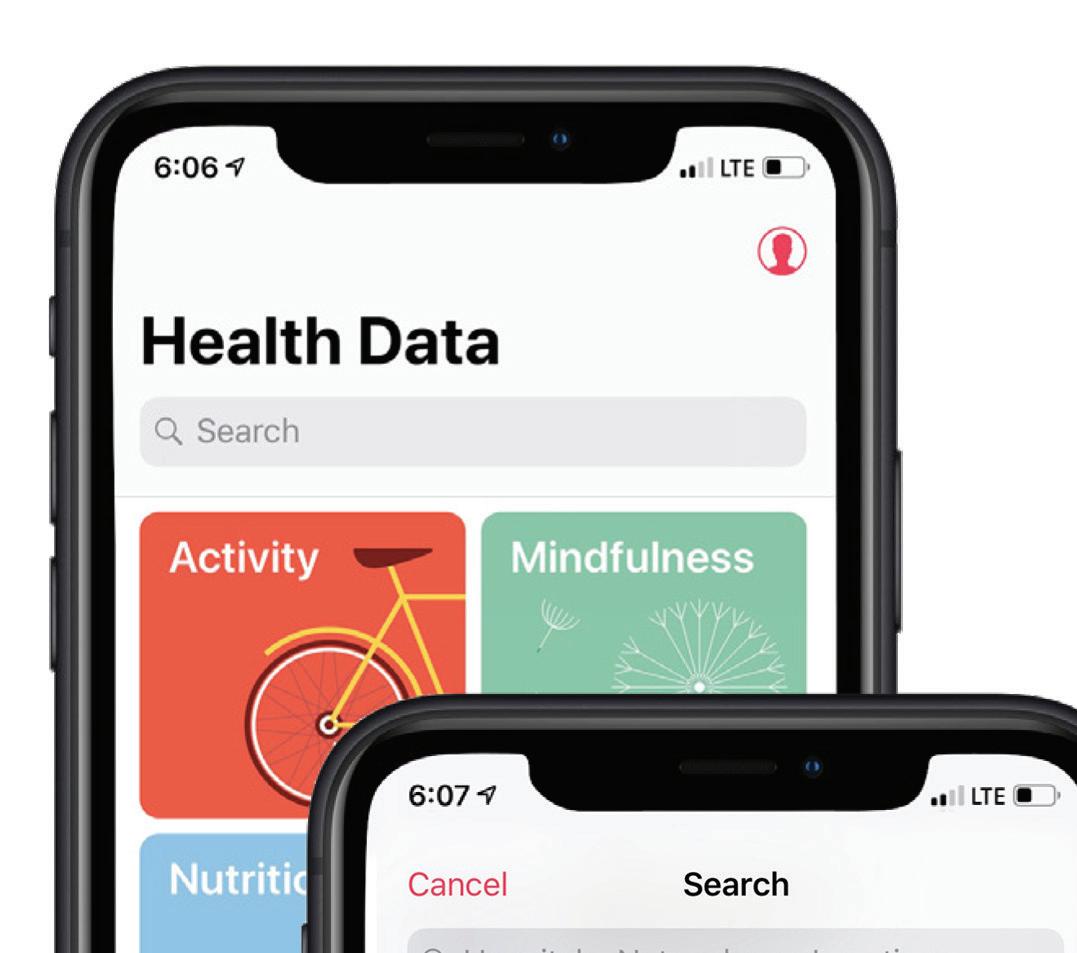NEW AMBULATORY HEART CARE CLINIC Until recently, many people in the region who have heart disease did not have easy access to cardiac care. That’s why Newark Beth Israel Medical Center (NBI) recently opened a Comprehensive Cardiac Clinic for people who have heart conditions.
UNEXPECTED SIGNS OF HEART DISEASE
“Patients are seen in a timely manner, offering, for many, an alternative to the Emergency Department,” says Howard Levitt, MD, a heart specialist at NBI. “Sometimes this care can even help to avoid a hospital stay.” The clinic, located within the hospital at 201 Lyons Avenue, is open weekdays from 8 a.m. to 4 p.m. Call 973.926.7852 for an in-person appointment or a telemedicine visit.
BE SURE TO TAKE THESE POSSIBLE SYMPTOMS SERIOUSLY.
M
ost of us have heard about warning signs of a heart attack: pain in the chest or loss of feeling (numbness) in the left arm. When those symptoms appear, a call to 911 is often the best course of action. However, some signs of heart trouble are less dramatic and less obvious—but they still need medical attention. “Some people don’t feel any pain, even during a heart attack,” says Howard Levitt, MD, a heart specialist and Medical Director of Ambulatory Cardiology at Newark Beth Israel Medical Center (NBI). “Others have heart problems they’re not aware of because the symptoms are vague and don’t seem to be related to the heart at all.” Whether you know you have a heart condition or not, there are certain signs that a doctor should check out, he says. These include: • Feeling of HOWARD LEVITT, MD heaviness, tightness
or squeezing in the chest • Shortness of breath • Nausea • Feeling lightheaded • Pain in the jaw or ear • Unexplained and rapid weight gain • Swelling in the legs • Dry or hacking cough • Fatigue. Though some of these symptoms may not seem heart-related, they could be. “The brain interprets pain differently when it’s coming from inside your body, versus pain on the skin from a cut, for example,” explains Dr. Levitt. “So if the heart isn’t working correctly, nausea or jaw pain might be a sign.” Such signs could provide useful direction for a healthier lifestyle. “They could point to different heart conditions that you can help control,” Dr. Levitt
says. “While some will require invasive interventions, in other cases exercise, healthy eating and medication can help prevent, minimize or sometimes even reverse damage to the heart.” If you’re unsure whether you have symptoms of an unhealthy heart, talk to your doctor, especially if a symptom is new. If it is severe, err on the side of caution: Call your doctor or visit the Emergency Department. Physicians at NBI can offer a range of options and support for heart health, including a new walk-in clinic. “The beauty of our team here at Newark Beth Israel is there’s nothing we can’t take care of, from high blood pressure and heart failure through heart transplant,” Dr. Levitt says. “We have an experienced team to help each person find the best path to a healthier life.”
Don’t delay your healthcare. Your heart doesn’t beat just for you. Get it checked. To find a Newark Beth Israel Medical Center cardiac specialist, call 888.724.7123 or visit www.rwjbh.org/heart.
Newark Beth Israel Medical Center
NBI_Cardiac_Summer20_Final.indd 23
|
RWJBH.ORG/NEWARKBETH
23
7/29/20 12:54 PM

